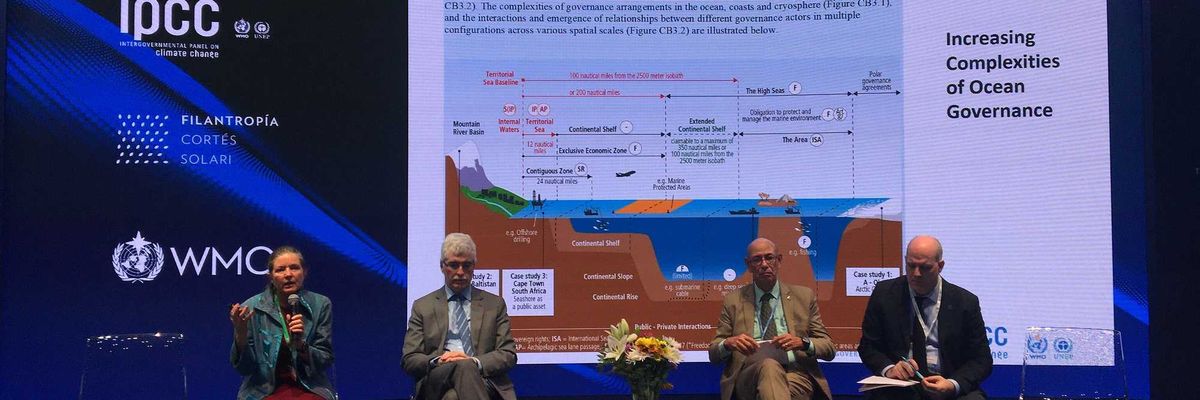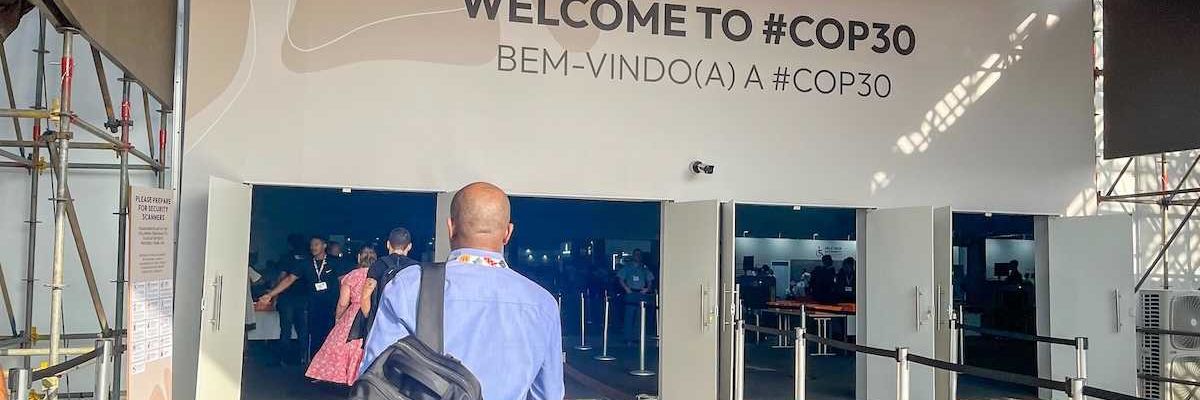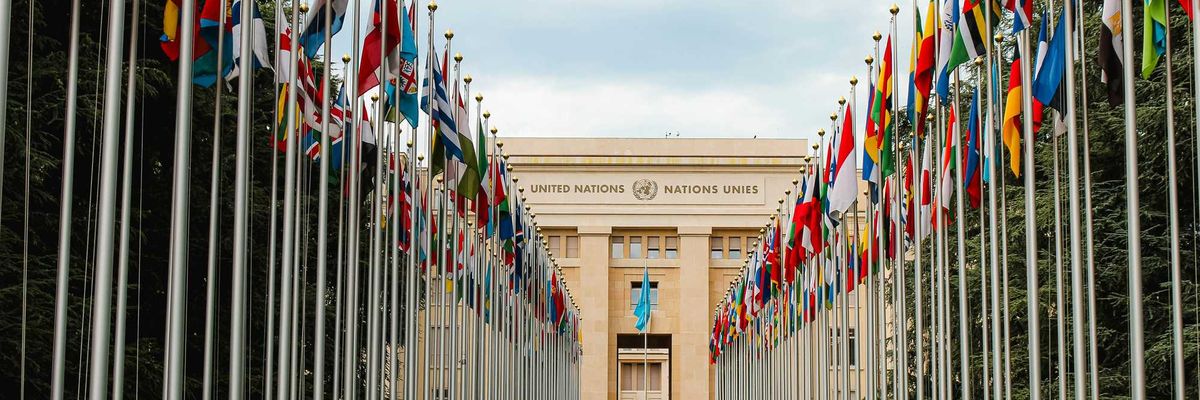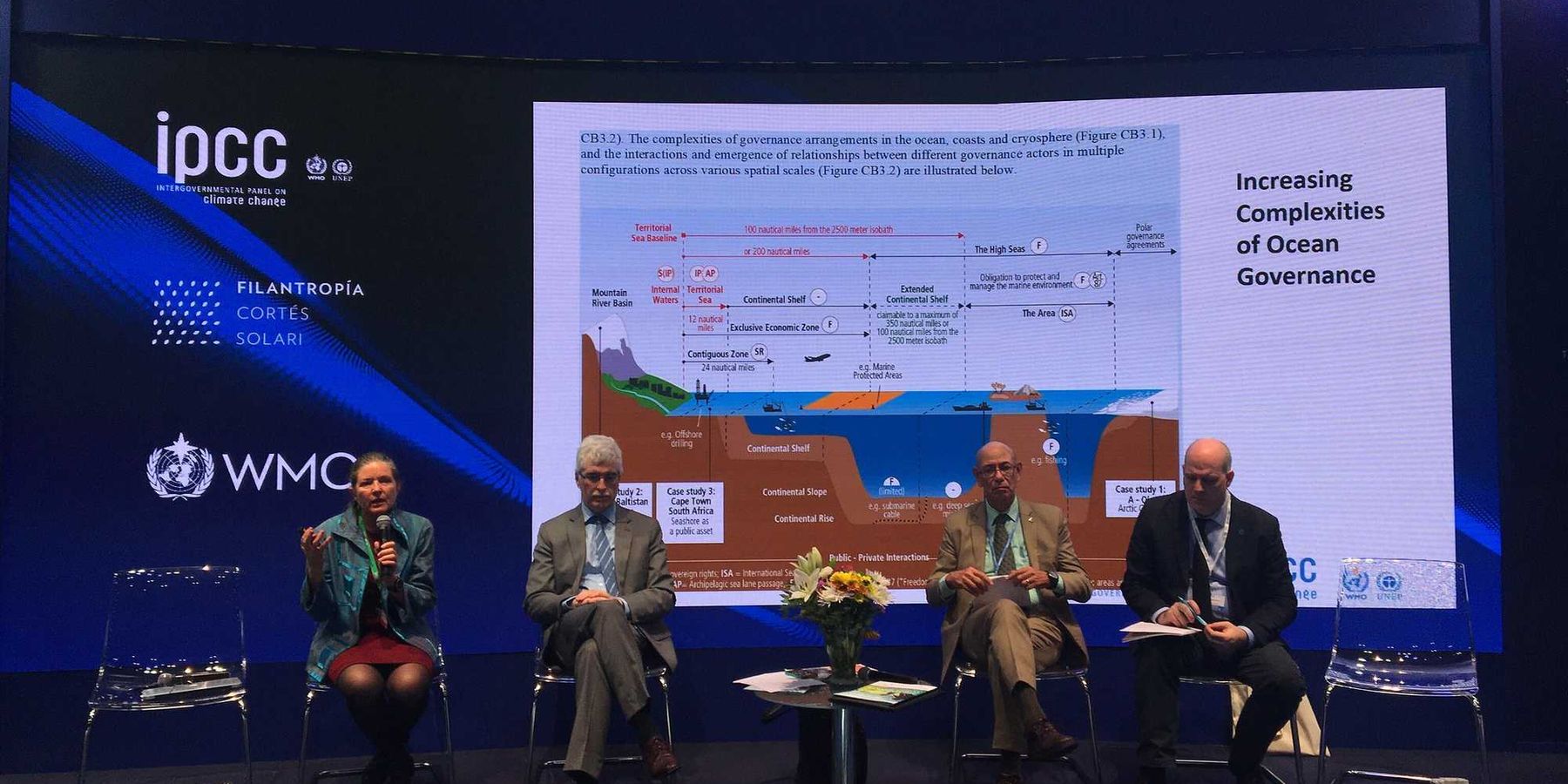export-import bank of us
White House at odds with Export-Import Bank's fossil fuel financing
Despite climate concerns, the U.S. Export-Import Bank persists in funding overseas fossil fuel projects, raising questions about alignment with federal climate goals.
In short:
- The Export-Import Bank (EXIM) continues to invest in fossil fuel projects, which contradicts President Biden’s climate policies.
- The bank's Climate Council, established at Biden's behest, has no real influence on its investment decisions and is restricted from giving advice on specific projects.
- Biden has publicly disagreed with EXIM’s investments, and there is growing frustration among government and environmental groups about the bank's actions.
Key quote:
The agency “seeks to align with the administration’s climate agenda while still complying with EXIM’s statutory requirements, including the charter prohibition against discrimination based solely on industry, sector or business, and its mission to support U.S. jobs.”
— Elizabeth Lewis, EXIM spokesperson
Why this matters:
EXIM’s continued support for fossil fuel investments raises concerns about the integrity of U.S. commitments to climate change mitigation and the potential impact on global health outcomes due to environmental degradation. This contradiction also highlights the complexity of national policies intersecting with international finance and environmental responsibilities.
The U.S. has much to gain by putting quality of life—rather than "shiny and new"—at the forefront of infrastructure rebuilds.
US backs Indonesian oil refinery despite pledge to end fossil fuel finance
The US has been accused of "breaking" a key climate financing commitment by approving almost $100m in support for an overseas fossil fuel project.









